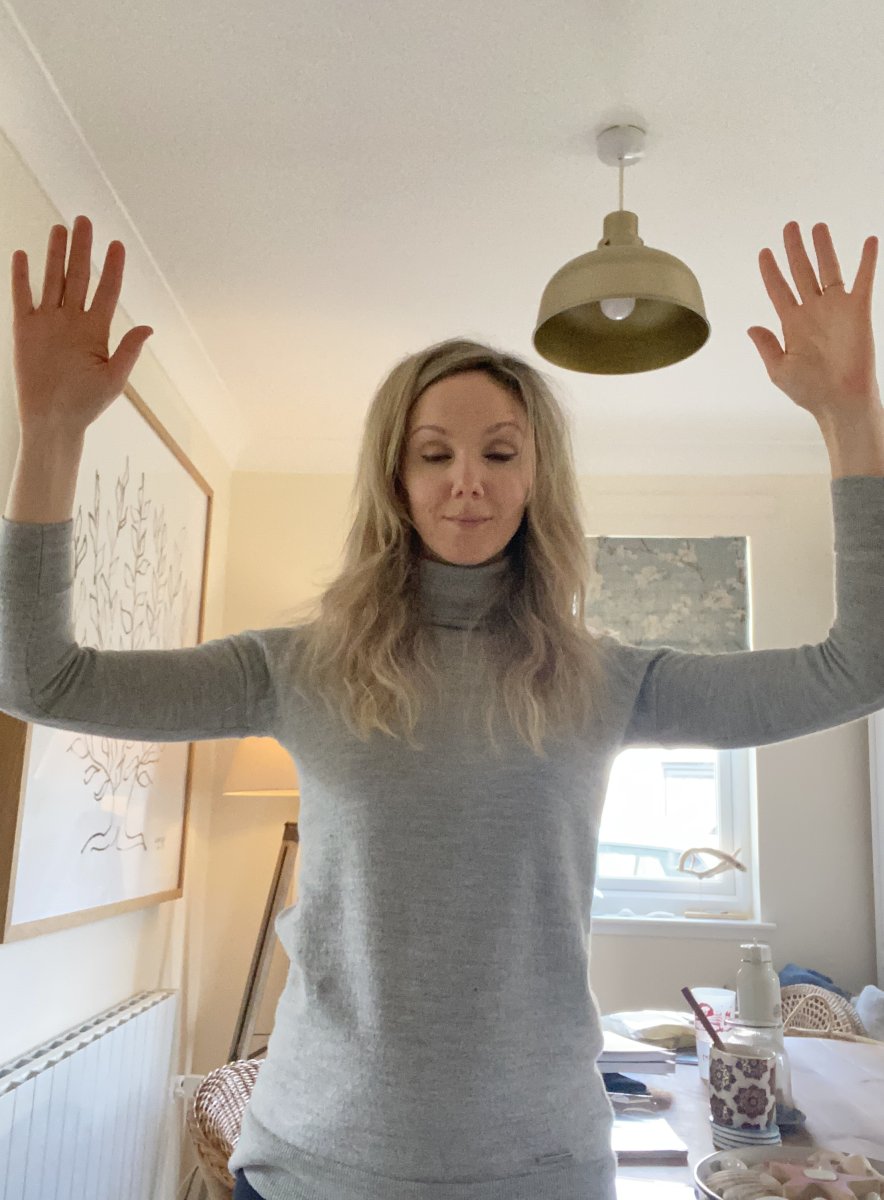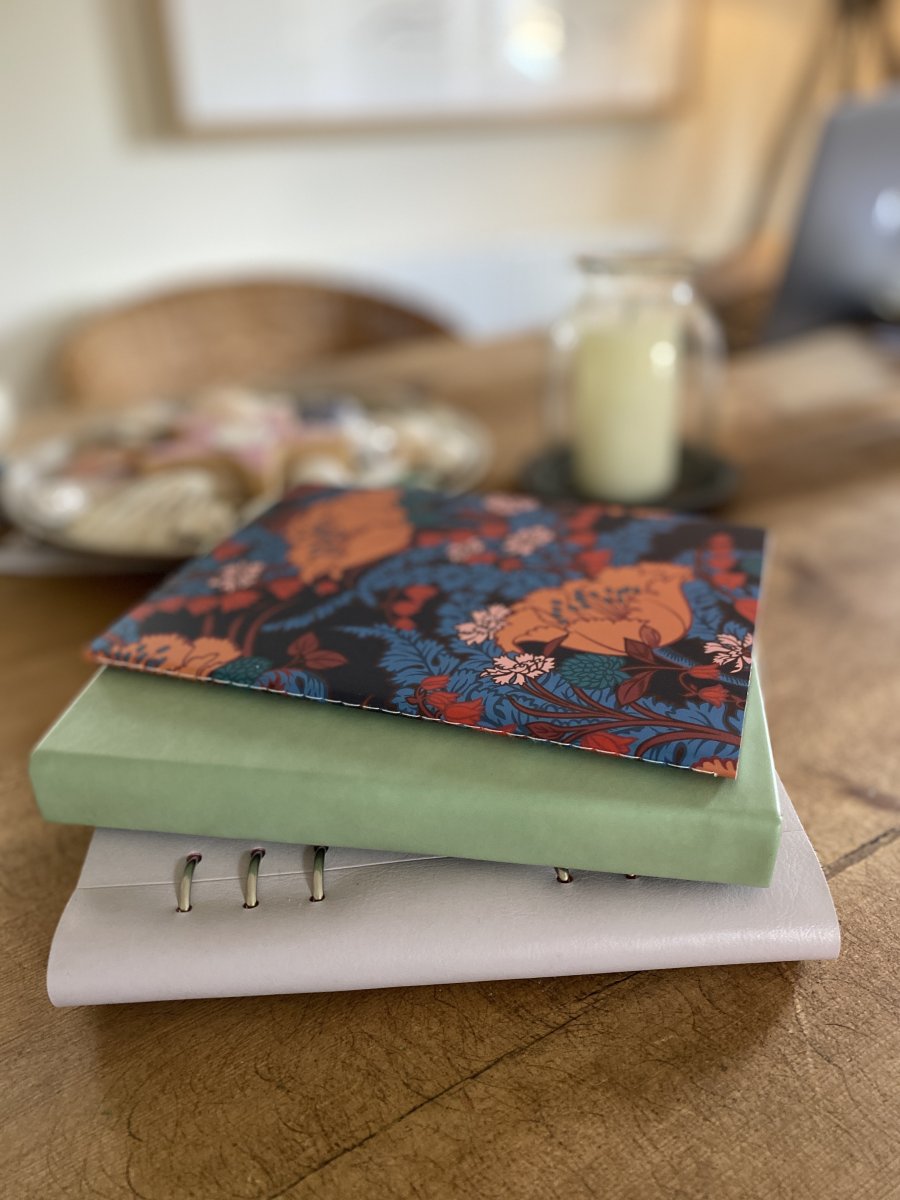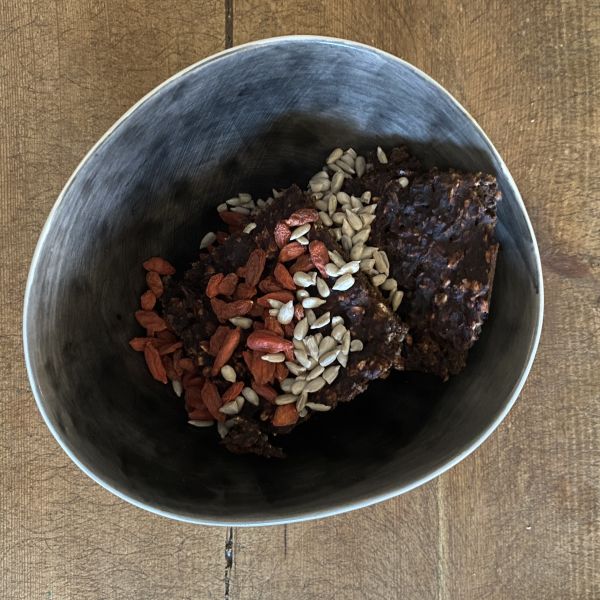We all know that chronic stress is as harmful as it is unavoidable. Rather than diving into the many health risks associated with the S word, I’d like to share some quick-fix solutions that can take you out of direct stress within minutes. Particularly helpful, perhaps, with the festive season rapidly approaching. But when practised regularly, techniques such as these can help you respond more quickly to stress any time it arises*.
Practise the 'Haaa' breath
I learnt this technique from a yoga teacher, and I call it the ‘Haaa’ breath. What you have to do is this:
- First of all, mentally note how you are feeling.
- Then, standing or sitting, inhale slowly and raise your arms above your head in time with your breath.
- Pause for a moment at the top, then exhale slowly, making the sound “haaaa” while lowering your arms into a 'goal post' shape.
- Let your arms drop to your sides, inhale and exhale, then inhale to circle your arms over your head and repeat the process.
I find this technique is most effective when practised three times consecutively. It can be repeated as many times as you need it during the day. Once you have practised your three rounds, mentally note again how you feel.

Write it out
According to Dr. Rangan Chatterjee (1), regular journalling can help “improve sleep, lead to better decision making and reduce symptoms of anxiety and depression”. In moments of intense stress, when I feel that all I want to do is scream into a pillow (which, by the way, I also recommend as an instant stress-reliever), I find that writing it down takes away the seriousness of whatever it is that’s bothering me. What in my head is an impossible situation seems somehow more approachable on paper.
You can write down whatever you like. There are no rules here. The goal is to let out the stress of the moment. If, after writing it down, the stressful situation still seems very stressful, write down strategies to address it.

Get a change of scenery
Whether it is simply walking into another room, stepping into the garden to listen to birdsong, or going for a short walk, removing yourself from your current surroundings can distract your brain from whatever is bothering it. It can literally help you see things in a new light.
Going outside brings benefits of its own: fresh air helps raise oxygen levels in your brain, which can increase levels of the “feel good” neurotransmitter, serotonin (2).

I hope these tips are helpful. Please let me know how you get on, and whether you would like any more posts like this.
*Disclaimer: I am not a mindfulness coach. These are techniques I have learnt from other teachers and my own practice, and are not designed to replace professional advice. We all respond differently to stress and require different solutions. If you feel you are suffering from stress that is beyond your control, please reach out to a qualified medical professional.






